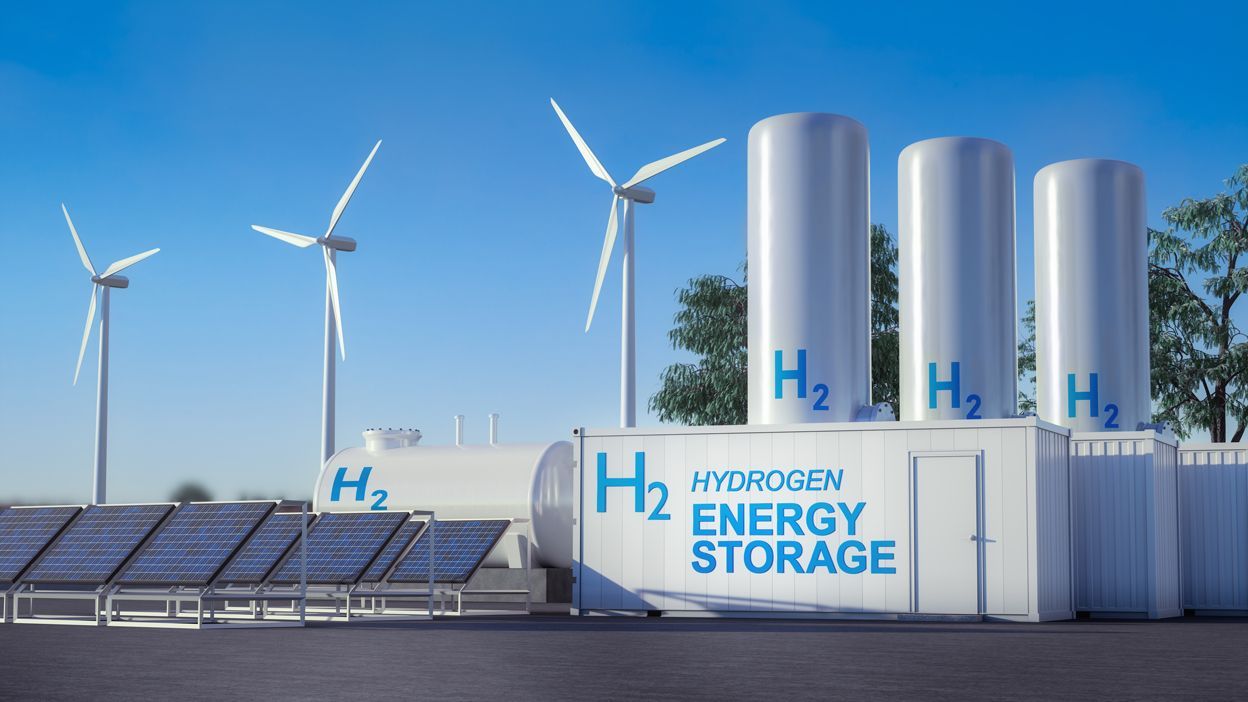Impact
Our vision is to transform Australia’s established composite technologies capability into a world-class, highly automated, digitally enabled network of designers, manufacturers and service providers.
This will enable a step change in Australia’s manufacturing competitiveness, build sovereign capability and capture the rising demand for just-in-time localised composites innovations, automation and digitisation.
Impact modelling for the CRC over the next 15 years indicates we’ll contribute $8.3 billion of direct economic benefit to the economy by capitalising on emerging sectors that need advanced composite materials.
These sectors include the hydrogen economy, marine, defence, aerospace, space, civil infrastructure, automotive, transport, mining, oil and gas and sports and recreation industries, with a projection of 1,500 direct jobs created across this timeframe.
$8.3bn impact
Direct economic benefit to the economy
1,500 direct jobs
Projected in next 15 years
Achieving the desired impact
To capitalise on growing demand and sustain Australia’s long-term competitive advantage, we’re working to reduce import dependency, penetrate export markets, increase sustainability, shorten prototyping lifecycles and create an accelerated automated composites manufacturing capacity.
To achieve this, we are collaborating with
industry partners
on supply chain logistics, field trials, technology demonstrators and similar pre-commercialisation projects with large industry in the energy, infrastructure, transportation and defence sectors. This engagement will accelerate take-up of emerging technology outcomes from our four
Research Programs.
We’re also upskilling the next generation of composites technologists through a multifaceted education and training program so they may continue to sustain Australia’s competitive edge into the future.
We see our efforts helping to drive sector transformation and de-risk investment in automation and new industries, providing a comprehensive transformation platform to achieve sovereign capability.
Commercialisation Committee
Acting as a subcommittee of the Board, the Research, IP & Commercialisation (RIC) Committee is assessing commercialisation opportunities including external party project engagement, licensed access to data and methodology IP and commercialisation of product and technology IP into new territories and/or markets, so that we may achieve our desired outputs and impact.
Hydrogen storage scheme
Following consultation with its industry partners, ACM CRC has tailored its Program to facilitate development of hydrogen storage vessels and their qualification as a major future industry for Australia, and enabler of an international industry, anticipating a USD 300 billion investment to 2030 (Hydrogen Council/McKinsey).
A focus on the hydrogen economy including supply chain and storage solutions provides equivalent development challenges for materials engineering and intelligent manufacturing to applications in defence, space and aircraft components.
This is, therefore, simultaneously enabling participation in a new industry, while providing sovereign production and engineering capability in multiple existing industries.

Australian Composites Manufacturing
Cooperative Research Centre
(ACM CRC)
Level 1, Greenhouse
180 George Street
SYDNEY NSW 2000
SITE LINKS
FOLLOW US
Acknowledgement of Country
In the spirit of reconciliation, ACM CRC
acknowledges the Traditional Custodians
of country throughout Australia and
their connections to land, sea and community.
We pay our respect to their Elders past
and present and extend that respect
to all Aboriginal and Torres Strait Islander
peoples today.
STAY INFORMED
Australian Composites Manufacturing CRC
Website by Rogue Web Design




